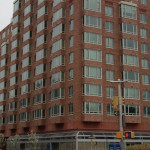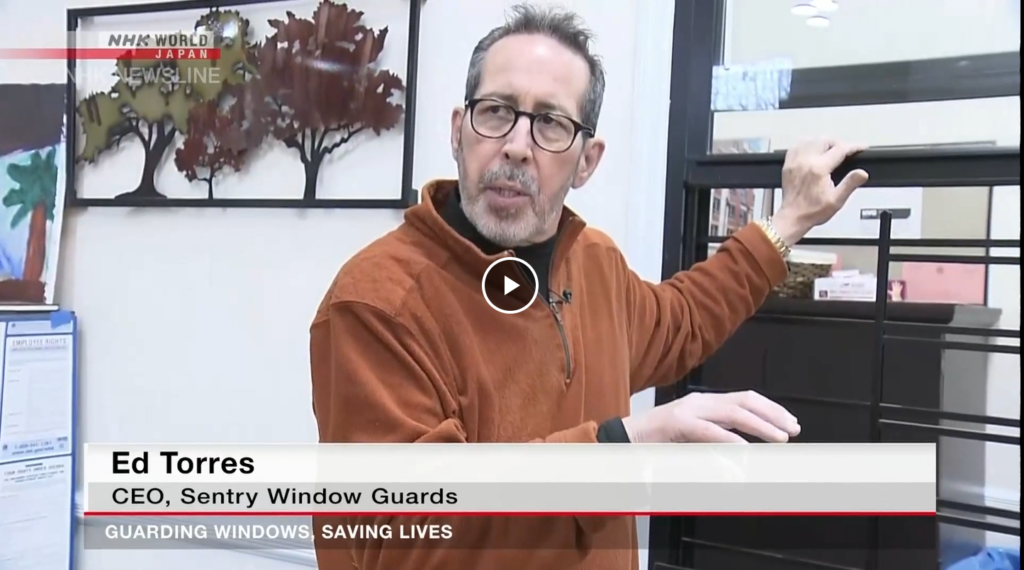Home security, especially entry door locks, is a popular topic of discussion in New York City as everyone wants to protect their family and belongings from ill intent. So it can be helpful to know how to make a home seem less attractive to burglars and how to take a more active role in protecting your belongings. There are several layers to consider when evaluating your home security and entry door locks are an essential element.
The Anatomy of a Door Lock
The cylinder is the part of the lock where the key goes. Single cylinder locks open with a key from the outside and with a thumb knob from the inside. A double cylinder lock opens from the outside and the inside with a key. Double cylinder locks are typically used for entry doors that contain a glass window as an intruder can break the glass and turn the knob of a single cylinder lock. But double cylinder locks pose a fire hazard as without the key you could be trapped inside the home during an emergency. Some local fire codes ban these locks. If you have moved into a new place, you should always at the very least change the cylinder of your locks and get a new key. Who knows how many people have a copy of the key or if it is hidden somewhere nearby. In many rental scenarios you will be required to provide your landlord with a duplicate of the key.
A strike plate is the metal plate that attaches inside the doorframe and it is a very important part of your lock. A flimsy strike plate or a strike plate that is attached with short screws will bend easily when the door is kicked by an intruder.
A throw is the actual bolt that slides into the door jamb and locks the door.
Smart door locks are synced with your phone or tablet and can be monitored from anywhere. While they offer the convenience of remote access, smart locks offer little to no additional protection in comparison to a standard deadbolt set. They are still susceptible to physical break-in tactics, such as drilling and picking.
Tips for Choosing an Entry Door Lock
- Higher-security locks will have hardened cylinders, unique pin configurations, and other defenses.
- The industry ranks locks from Grades 1 to 3, with Grade 1 locks being the most difficult to disable.
- For maximum security, the dead bolt should always extend 1 inch from the door’s edge.
- Choosing an entry door lock is one time you don’t want to save a few bucks if it means sacrificing quality and durability. Your lock is only as good as its quality
- An easy way to improve upon an existing lock situation would be to add an additional lock to your door that works like a door jammer.
- Beef up your installation by using 3-inch screws on your strike plate. Door hinges should also be secured with 3-inch screws. The longer screws will make it more difficult for an intruder to kick the door open.
Replacing your deadbolt lock does little to improve your home security if you leave other vulnerabilities unaddressed. At Sentry Window Guards, we provide various types of childproof window locking mechanisms and safety devices for your home or business. For more information regarding our window guard products and our experience and leadership in understanding NYC safety requirements, contact us today!










